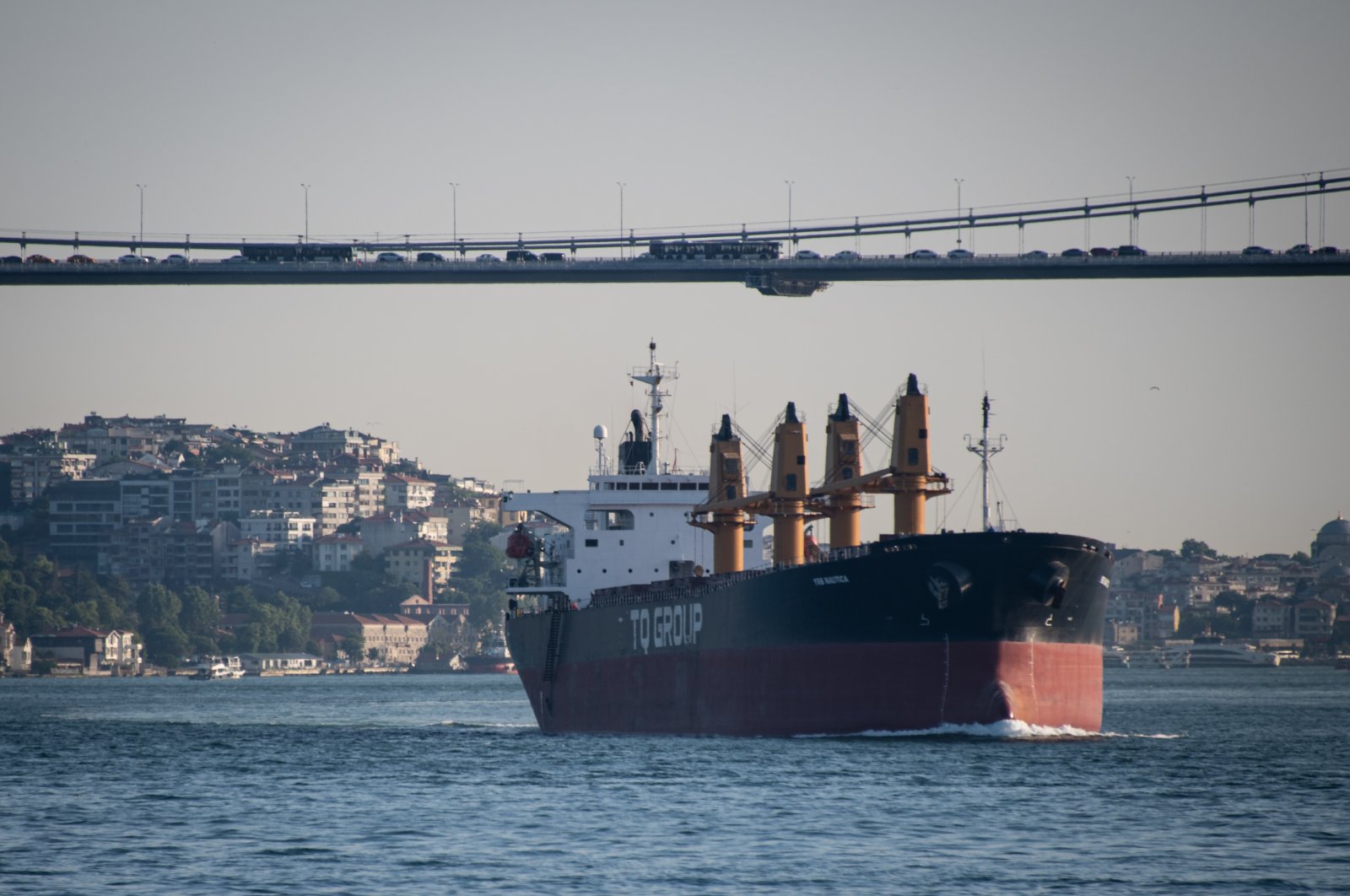NATO switches, agrees to aid Turkey
"In cities across Europe, people were clearly showing that they did not want war. I hope this… will help (the EU) to find a common position on Monday," said Belgian Prime Minister Guy Verhofstadt. However, hopes appear slight that EU leaders will put their names to anything more than an anodyne text, given the gulf that separates them. Britain, Spain, Italy, Portugal and Denmark back the U.S. stance toward Baghdad. Germany, France, Belgium, Luxembourg and the current EU president, Greece, favor giving more time to U.N. weapons inspectors.
EU foreign policy chief Javier Solana tried to paper over the bloc’s cracks before the start of the crisis meeting. "I think everybody agrees war may be necessary at a given moment, but we are not at this point," he said. "We have to exhaust all the elements of diplomacy and all the elements of keeping (U.N. weapons) inspectors working." Monday’s meeting comes after NATO broke a deadlock over support to Turkey in the event it is attacked by Iraq during a war in the region. For more than a month, France, Germany and Belgium rejected Turkish requests for help under the NATO treaty and blocked U.S. plans to protect the Alliance’s only predominantly Muslim member. They argued that such assistance would implicitly approve the use of force against Iraqi leader Saddam Hussein and undermine the work of U.N. weapons inspectors in Iraq.
But at Sunday’s hastily arranged meeting of NATO’s Defense Planning Committee — which unites all the alliance’s 19 members except France — Germany and Belgium dropped their opposition to the deployment of military hardware to Turkey on condition it be used for purely defensive purposes.
A visibly relieved NATO Secretary General George Robertson told reporters: "Alliance solidarity has prevailed. NATO nations have assumed their collective responsibility towards Turkey, a nation at the moment under threat." The agreement, struck shortly before midnight, paves the way for the deployment of AWACS surveillance aircraft, Patriot surface-to-air missiles and chemical and biological defense equipment to Ankara. However, at Belgium’s insistence, Robertson said: "These measures are intended to provide Turkey solely with defensive assistance." A statement agreed by the 18 ambassadors also underlines that NATO members will "continue to support efforts in the United Nations to find a peaceful solution to the crisis."
The accord aims to draw a line under an increasingly bitter war of words between Washington and what U.S. Defense Secretary Donald Rumsfeld described as "old Europe." It also increases the chances that EU leaders agree to a common position on disarming Saddam.



